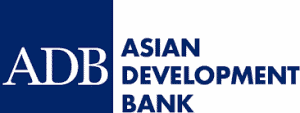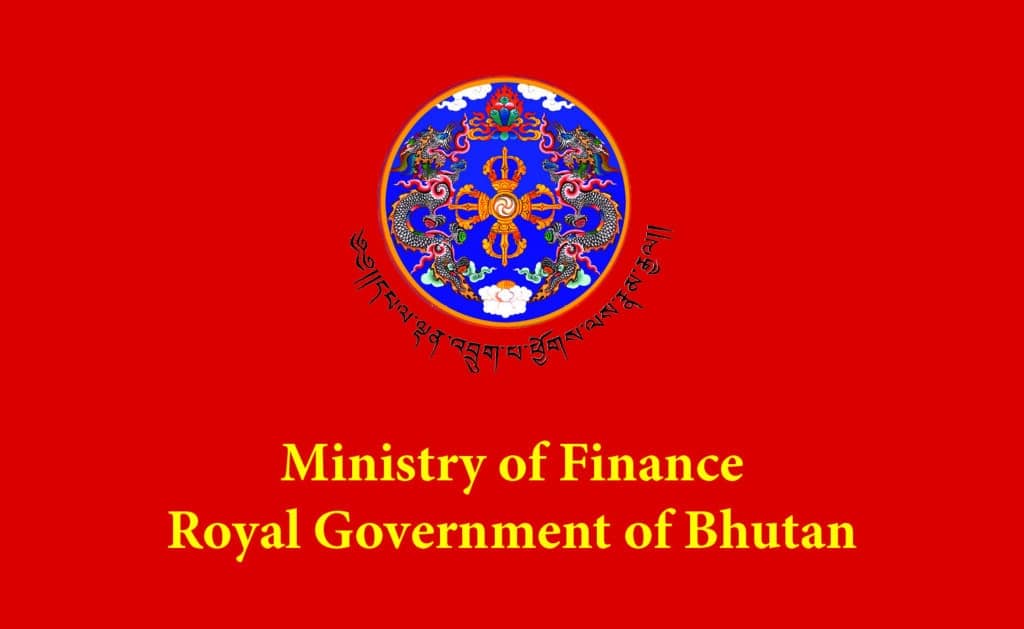Contemporary lives have become unimaginable today without the social media considering the average time an individual spends today on these sites. Whatever said and done, it is not something that is going to go away soon.
Albeit we may be a little far away physically in terms of being called a global village, but we have managed to become one because of the advancement in internet and social media. Information traverses from one continent to another in just a second. Time and distance have shrunk.
But besides these benefits, if we delve into how it has changed the world, we will also find there are some potentially negative impacts too. We need not look afar from examples. Take for instance the controversial website – www.bhutantimes.com. It is still vivid in our minds the popularity of the website before it was closed and how one ‘Common Man’ used it vehemently in defaming the People’s Democratic Party(PDP) before the 2008 elections. The anonymous user spelled doom for the PDP and even the government was coerced to ban the website at one point of time.
The impact of the Common Man or social mediacannot be simply undermined or brushed off. It has inadvertently had a huge impact in making DrukPhuensumTshogpa (DPT) the more popular party in 2008. Similarly, in 2013,we saw the satirical website, Bhutanomics, doing the same to DPT what the Common Man did to PDP, except that the impact was greater in 2013. These are just instances how the social media and anonymous users will continue to play a huge role in Bhutanese politics and democracy.
We have today Facebook and Twitter that are basically trending. Facebook has already become much popular among the youth. Twitter now has become the source to know the state of affairs in the society. These two sites have definitely become a place for news, policy discourses, rant, and vent one’s dissatisfaction and complaints, and gossip.
It is also becoming increasingly popular among politicians as a means to disseminate political messages, learn about the interests and needs of constituents and the broader public, and build networks of support. Besides members of the parliament, political parties are also increasingly using the social media apart from the deluge of anonymous users too.
There is no denying as such the possible impact social media can have in the upcoming elections. It will definitely play a big role in determining how a candidate or a political party sails through. But it’s also worthwhile to note how constructively it would be used. How can we avoid getting petty and personal? For now, we mostly see defamatory contents, fake news and false rumors, smears, allegations and counter allegations.













